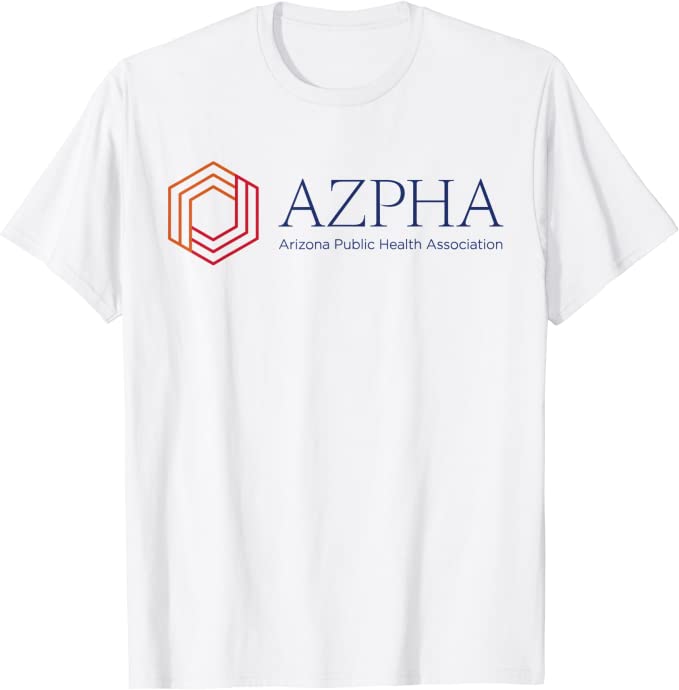Arizona is one step closer to enforcing a law from the first territorial legislature (in 1864) mandating prison for providers of abortion services. Last Wednesday Attorney General Brnovich filed this motion to lift a 1973 injunction staying the implementation of a territorial-era law [ARS 13-3603] still on the books:
13-3603. Definition; punishment A person who provides, supplies or administers to a pregnant woman, or procures such woman to take any medicine, drugs or substance, or uses or employs any instrument or other means whatever, with intent thereby to procure the miscarriage of such woman, unless it is necessary to save her life, shall be punished by imprisonment in the state prison for not less than two years nor more than five years.
The injunction he’s trying to lift is from a case filed in Superior Court in 1971 by Planned Parenthood of Tucson who had challenged ARS 13-360. After the federal court in Arizona wouldn’t take the case, Planned Parenthood sued then-Arizona Attorney General Gary Nelson in Pima County Superior Court. Planned Parenthood made many arguments including an implied right to privacy in the U.S. Constitution, an overreach of police power and that low-income people were unfairly impacted because they couldn’t afford to go to another state for an abortion.
Superior Court judge ruled for Planned Parenthood in 1972 saying that that the 1864/1901 laws were unconstitutional and placed an injunction against enforcing it. Nelson appealed to the Arizona Court of Appeals, who initially overturned the Superior Court decision in January 1973. A few weeks later the U.S. Supreme Court made its landmark ruling in Roe v. Wade and the appellate court then reversed their decision and modified the injunction.
That’s the injunction that our illustrious Attorney General is trying to lift.
See this paper to read Planned Parenthood’s arguments in the landmark 1971 lawsuit
AzPHA Special Report: Restrictions on Women’s Reproductive Freedom in Arizona: 1884-2022
Let’s imagine for a moment that Brnovich is successful, and the Court lifts the injunction. Presumably, the appellate court would need to amend their January 1973 ruling, again saying that 13-3603 is constitutional.
At that point it seems to me that Planned Parenthood could still appeal the case to the Arizona Supreme Court because their due process isn’t finished. Given the fact that Ducey has stacked the court, it’s highly unlikely that they’d take the case. Nevertheless, it seems like Planned Parenthood still would have due process left.
An Evidence Review: Does Withholding Abortion Services Harm Public Health?
Arizona Abortion Statistics & Clinic Regulations
It appears to me that abortion is still legal in Arizona, even though very few providers are performing them. If the injunction is lifted (and the Appellate Court changes their amended 1973 ruling), then it would likely become illegal, and Arizonans would probably continue to need to travel to Nevada or California for those services until a 2024 voter initiative settles the matter and makes abortion services legal again in AZ.



